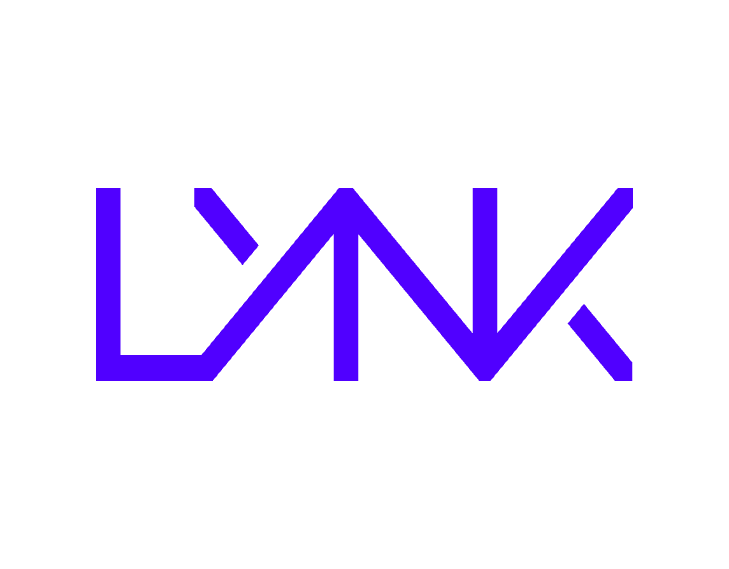123Fab #59
1 topic, 2 key figures, 3 startups to draw inspiration from

Over the past decades, content creation and data collection at scale have been at the center of attention: web scraping, growth hacking, cookie tracking, anything to gather information. Today, the focus is on the organizational efficiency of all this content, as the consequences of sub-optimal knowledge management techniques are becoming increasingly well known: from duplication of work to knowledge loss, to time wasted waiting for information from co-workers or giving it to others, employees spend a huge amount of time searching for data. Fortunately, startups are tackling these productivity problems, targeting companies of all sizes.
Knowledge management faces two major obstacles. The first is the multiplicity of the knowledge sources supported within the company (e.g. spreadsheets, presentations, codes, notes, videos, vocals, emails, internal chats, and more). Storing this variety of documents efficiently is complex enough, but the real challenge lies in managing legacy storage systems. Many companies have been gathering data for years, even decades, in a variety of ways. Most of the time, the information is scattered across various folders and sometimes on multiple servers. Some documents are duplicates, others are outdated and some provide no information without context or proper consistent labeling. Searching and assessing which document best fits a request can be a colossal task. However, advances in computing power and algorithm performance provide tools that startups are using to tackle this problem. ambeRoad has developed a smart search engine to be used within the company to find data. Once a query is sent to the engine, it retrieves as many documents (images, video, and audio files) as possible that treat the subject within the company’s database and sends them back, significantly reducing the time spent searching and saving documents and allowing knowledge to be shared across all entities of the company. Shelf also uses AI and machine learning to improve the efficiency of document search within companies, and provides insight into the quality of the document, to help find easily the most adapted document to the query.
Other startups such as Forethought focus on knowledge management solutions for the retail and industry sectors, especially for customer service. They provide a smart search engine for employees to reduce search time and address another critical aspect of knowledge management: finding the adequate contact for each question among the employees. To reduce resolution time and avoid rerouting the call to another agent, the algorithm pinpoints the agent with the appropriate knowledge to answer the most complex questions, ensuring that the knowledge gathered by the agents is used to its full potential. Solvvy also provides an automated chatbot that learns from agent ticket resolution as well as a guidance bot for online shopping sites. The shopping assistant finds the best-fitted item based on the answers given by the client. The answers also allow the program to gain insight and provide metrics on customer behaviors.
Another trend emerging in knowledge management is Knowledge as a Service (KaaS): information, data, and experts are available on-demand via the cloud. This service allows companies to avoid hiring external consultants or experts and drastically speeds up the problem-solving process. Startups like Lynk manage KaaS platforms to provide insights for growth strategies in companies like M&A, asset management, or branding. Their network of experts shares their experience on the platform for an hour, a day, or longer if they choose so. On the other hand startups like Techspert.io leverage AI to browse online public datasets like academic journals or commercial registries to extract experts in a field and use sentiment analysis to assess the fit between the expert and the mission. Experts are then called by the company and their profiles are sent to the client to schedule a meeting. The added value of KaaS startups lies in their capacity to attract the most skilled experts and their ability to redirect questions to the most appropriate expert of their database.
Multinational companies are also positioned on the knowledge management segment: Cisco’s Business Critical Services is an IT platform providing KaaS as well as knowledge management workflows for its users. IBM’s Watson discovery smart search engine uses AI and Natural Language Processing to search through company files and avoid data silos. Between these initiatives and those of startups, the knowledge management segment seems crowded, but with the rise of teleworking, the need for an intuitive and comprehensive way to store information and documents so that they can be easily and rapidly accessed by anyone, from anywhere, is becoming increasingly evident. At the same time, companies are experiencing a higher employee churn rate than ever before, raising the bar even further for efficiency in onboarding new talent and retaining the knowledge of departing employees.
2 Key Figures
221 knowledge management startups
registered by Traxcn since 2015
The knowledge management industry market is expected to reach $1.1 tn by 2027
The knowledge management industry market was estimated at $366.8 billion in 2020 and is expected to reach $1.1 trillion by 2027, at a CAGR of 16.8% according to GlobeNewswire
3 startups to draw inspiration from
This week, we identified three startups that we can draw inspiration from: ambeRoad, Forethought and Lynk

ambeRoad
ambeRoad is developing an intelligent enterprise search engine to help employees to find all relevant documents easily and quickly by integrating all company internal data sources into one search engine. Our solution allows access to all company-wide files from anywhere.

Forethought
Forethought is an AI company that creates order, removes redundant work, and provides efficiency for businesses everywhere. Forethought is helping customer support organizations with a natural language understanding platform.

Lynk
Lynk’s platform unlocks the insights, experience, and expertise of experts from around the world, helping people and companies make better-informed decisions. Lynk’s Knowledge Graph uses data to understand, map, and organize experts and their knowledge, facilitating timely, intelligent connections.
Interested in a startup landscape or in an insights report?
Please fill out our contact form so that we can get back to you very quickly with our product offer.
Want to subscribe to our 123Fab?
Fill out our form to receive the latest insights into your inbox.
